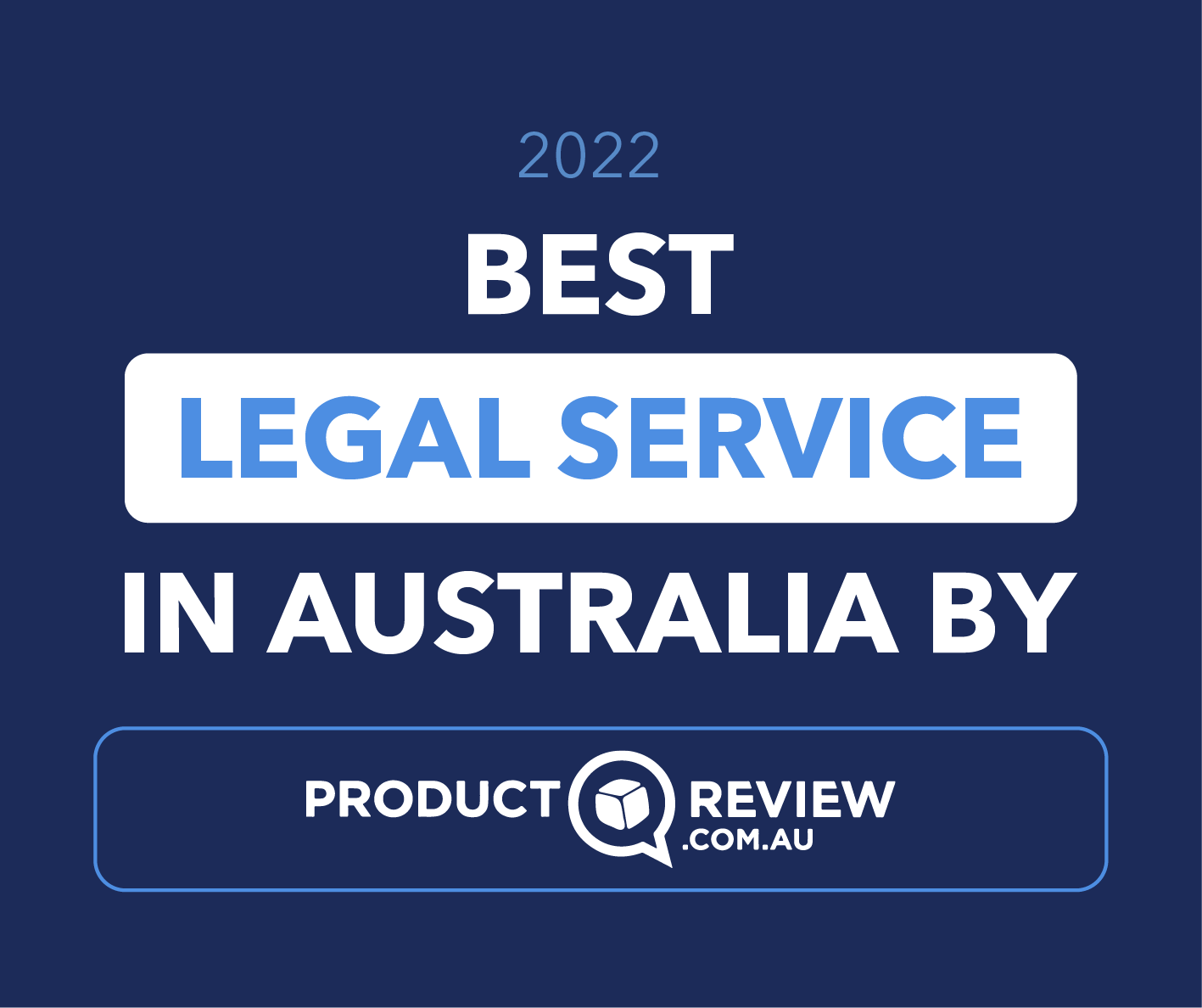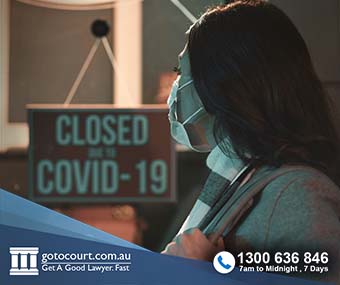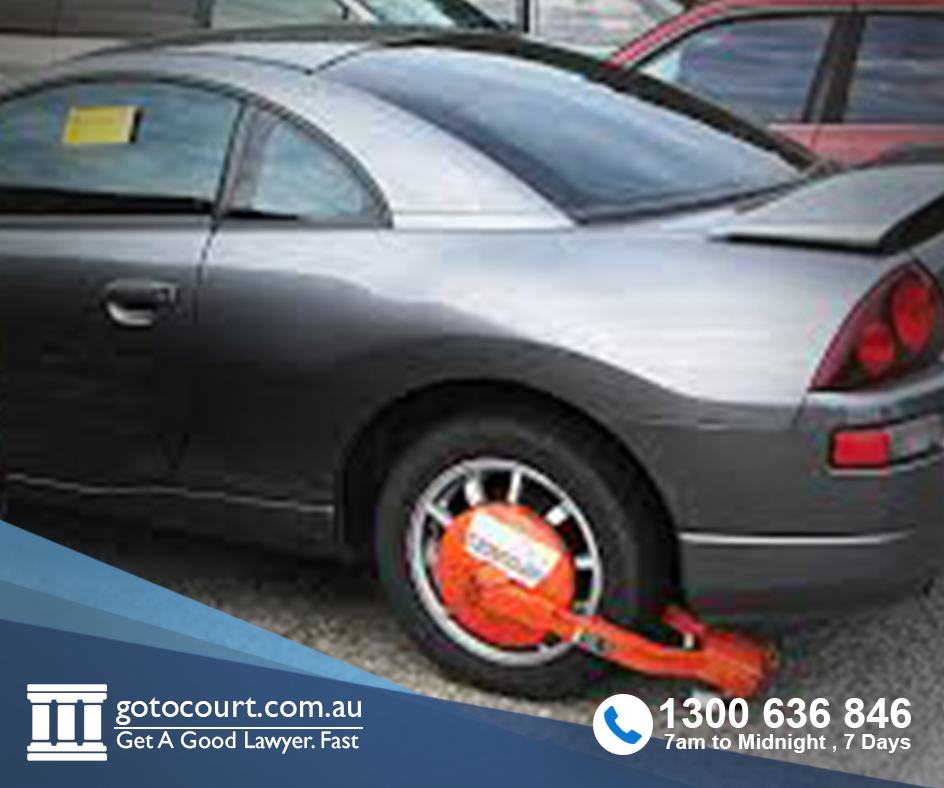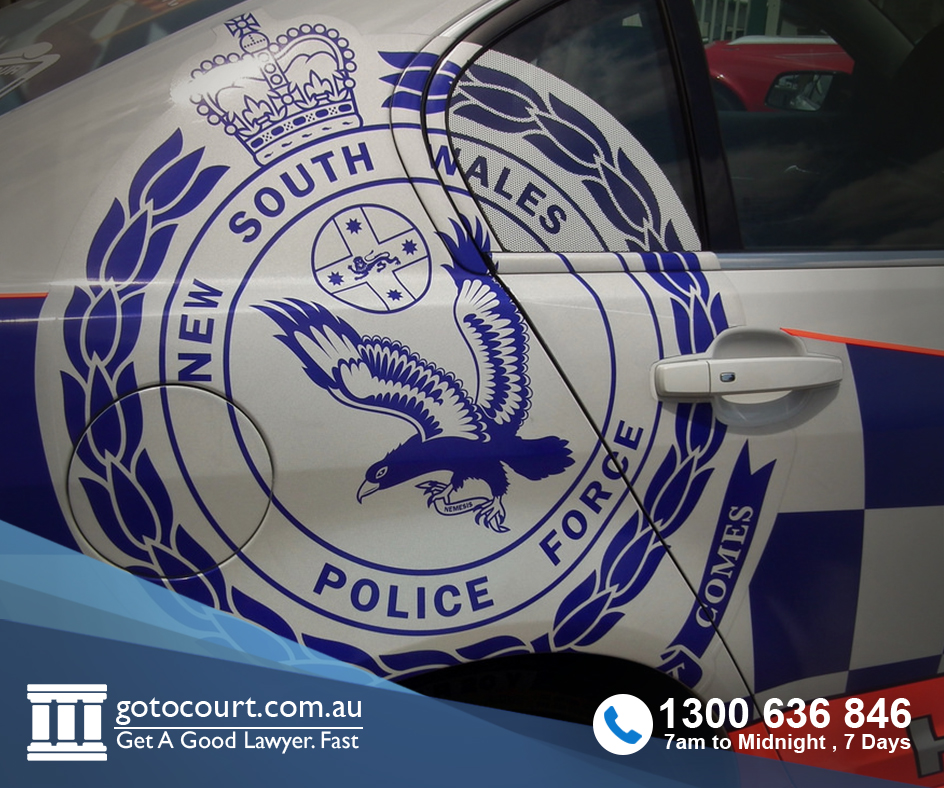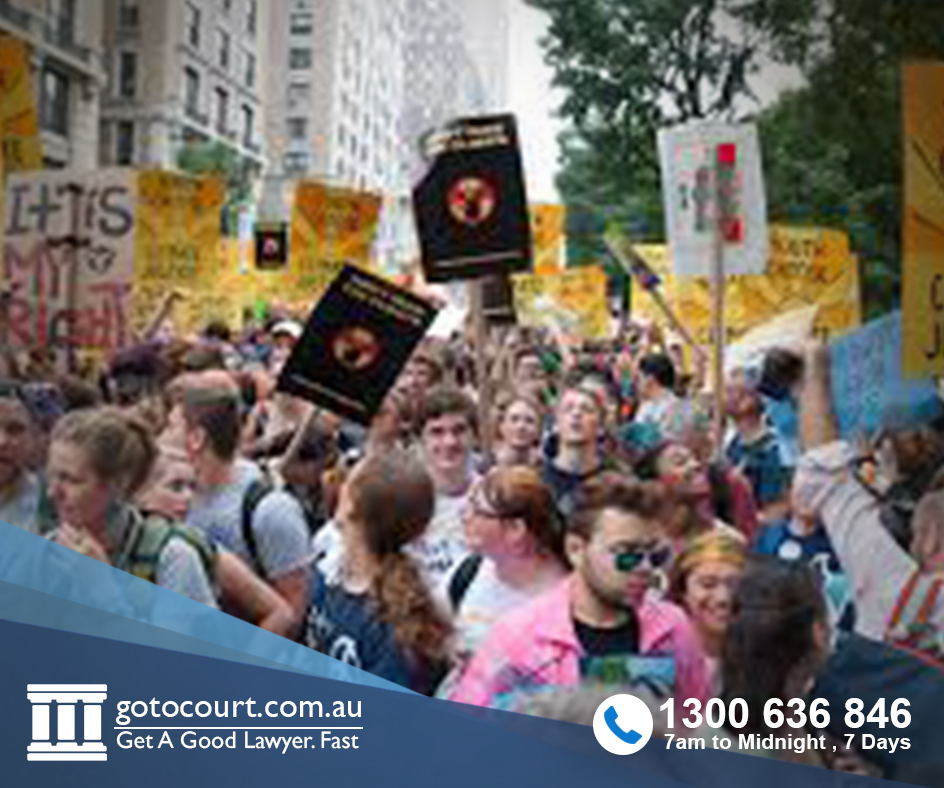Call our lawyers
now
or,
have our lawyers
call you
Uber legal in Queensland from 5 September 2016
Updated on Aug 25, 2016 • 6 min read • 229 views • Copy Link
Uber legal in Queensland from 5 September 2016
After releasing its long-awaited review into the personalised transport industry, the Queensland government will make ride-booking (also referred to as ride-sharing) services legal throughout Queensland from 5 September 2016. These changes will impact ride-sharing drivers (using a ride-booking service such as Uber), taxi and limousine services.
This decision comes mere months after the government introduced a crackdown on ride-sharing services, with increased enforcement and fines. The 5 September changes will legalise not only Uber but also allow other ride-sharing services to enter the market.
Ride-sharing services will now likely fall within the “public passenger transport” category, which currently includes taxi and limousines. The government now refers to all three services as the “personalised transport industry”.
The main laws about public passenger transport are found in the:
- Transport Operations (Passenger Transport) Act 1994;
- Transport Operations (Passenger Transport) Regulation 2005; and
- Transport Operations (Passenger Transport) Standard 2010.
Timeline for key changes
The Queensland government is rolling out the necessary legal changes in a number of stages; a process that will take until at least August 2017. However, drivers will need to meet several key deadlines before the end of 2016.
Stage 1
Beginning 5 September 2016, ride-sharing services will be legal across Queensland. For Stage 1 only, no service licence is required to run a ride-sharing service.
All personalised transport drivers will need to comply with additional safety requirements from this date. These cover seatbelts, alcohol and drug limits, and vehicle safety inspections.
New ride-sharing drivers also must obtain Taxi Driver Authorisation prior to 1 November 2016.
There is a 1 November 2016 deadline for complying with some of the other changes. This gives the industry time to adapt to the new rules. By 1 November 2016:
- Current ride-sharing drivers must obtain Taxi Driver Authorisation;
- All ride-sharing drivers will be transitioned from the Taxi Driver Authorisation to the Booked Hire / Taxi (BHTX) Driver Authorisation;
- All ride-sharing vehicles must be identified with a sign on the rear of the vehicle; and
- All personalised transport services (including ride-sharing, taxis and limousines) must comply with new rules for fares.
Stage 2
To be introduced in August 2017, Stage 2 will involve large-scale changes to the passenger transport industry legislation, including:
- The introduction of an annual service licence for all booked hire services – this includes ride-sharing, taxis and limousines;
- Requiring ride-sharing vehicles to obtain annual safety inspection certificates; and
- Capping electronic surcharge payments at five per cent.
The new annual licence will probably be called a “booked hire” licence. At this stage, the government plans to issue the licence on demand (for a fee) unless the government believes it is necessary in the public interest to cap the number of licences. No new taxi licences will be issued during Stage 2, until at least 2018.
The government says it will also consider if video surveillance should be required to be installed for all personalised transport vehicles (including ride-sharing). There will also be a review into the Compulsory Third Party Insurance classes that apply to taxis and ride-sharing services.
Legislation for these changes will be introduced in August 2017, with on-going consultation between government and the personalised transport industry during the lead-up.
Stage 3
Throughout 2018, the government will monitor and evaluate how the new personalised transport rules are operating.
Changes to Driver Authorisation
Driver authorisation is an additional requirement for anyone who drives a taxi, limousine or other public passenger vehicle. Requiring authorisation ensures drivers can provide for the safety of passengers, property and the public. Authorised drivers can also be held accountable for failing to comply with regulatory standards.
From 5 September 2016 all new ride-sharing service drivers are required to obtain a Taxi Driver Authorisation. This does not mean they are taxi drivers. It is a temporary measure until 1 November 2016.
From 1 November, 2016, there will be a new “Booked Hire/ Taxi (BHTX)” Driver Authorisation. This Authorisation will apply to all ride-sharing, taxi and limousine drivers. There are currently separate authorisation categories for each type of passenger transport (except for ride-sharing).
After 1 November 2016, all ride-sharing drivers will be transitioned to the new BHTX Driver Authorisation. New ride-sharing drivers after this date will need to apply for the BHTX Driver Authorisation.
New safety requirements
From 5 September 2016, there will be new safety requirements for personalised transport drivers.
All drivers, including taxi and limousine drivers, must wear a seatbelt at all times. Taxi and limousine drivers were not originally required to wear seatbelts when carrying passengers.
Ride-sharing drivers will need to comply with a zero alcohol and drugs limit. This brings ride-sharing drivers up to the same safety standards as taxi drivers.
Ride-sharing vehicles must be registered, roadworthy and have CTP insurance. CTP insurance is already required under the Motor Accident Insurance Act 1994 but ensure it is up-to-date before driving for a ride-sharing service. The current maximum penalty for driving any vehicle without CTP insurance is $9,752.
Vehicle safety inspections will also be standardised. All vehicles, including taxis and limousines, will need to pass an inspection every 12 months. From 1 November 2016, safety certificates (or Certificates of Inspection for taxis and limousines) will be valid for 12 months. Ride-sharing vehicles must carry their safety certificate at all times and present them to Traffic Inspectors when requested.
Maximum age limits for taxis will also be removed, with similar changes for limousines.
Fare changes
From 5 September 2016, maximum fares will be removed for most booked hire services (except for taxis obtained from taxi ranks or street hails). The intent is to promote competition between service providers.
By 1 November 2016, all booked hire services must:
- Provide fare estimates prior to the journey or agree to the fare up front; and
- Provide itemised receipts if requested by the customer (a ride-sharing service can send the receipt on the driver’s behalf).
This will allow customers to make an informed decision, through comparing fares before a journey.
What ride-sharing drivers cannot do
During Stage 1, ride-sharing drivers will not be permitted to:
- Collect customers from a taxi rank, or be hailed off the street;
- Provide services to Taxi Subsidy Scheme Members; or
- Use bus and transit lanes
These services will remain exclusive to taxis – for now. The government says it may reconsider these limitations during the Stage 2 reviews.
Soliciting and touting
It will remain an offence to solicit or tout for the hiring of a public passenger vehicle. From 5 September 2016, the fine will double, from $243 to $487.
Compensation for the Taxi Industry
The government will be providing a $100 million compensation scheme for the taxi industry. The Stage 2 changes will also have significant impacts for taxi service contracts, operator accreditation and more. Please refer to the government’s Personalised Transport Horizon webpage for more information.

Affordable Lawyers
Our Go To Court Lawyers will assist you in all areas of law. We specialise in providing legal advice urgently – at the time when you need it most. If you need a lawyer right now, today, we can help you – no matter where you are in Australia.How It Works











1. You speak directly to a lawyer
When you call the Go To Court Legal Hotline, you will be connected directly to a lawyer, every time.


2. Get your legal situation assessed
We determine the best way forward in your legal matter, free of charge. If you want to go ahead and book a face-to-face appointment, we will connect you with a specialist in your local area.


3. We arrange everything as needed
If you want to go ahead and book a fact-to-face appointment, we will connect you with a specialist in your local area no matter where you are and even at very short notice.



